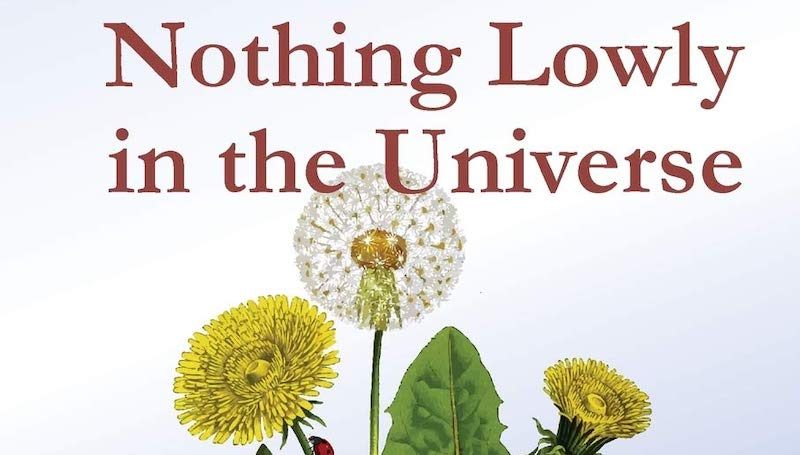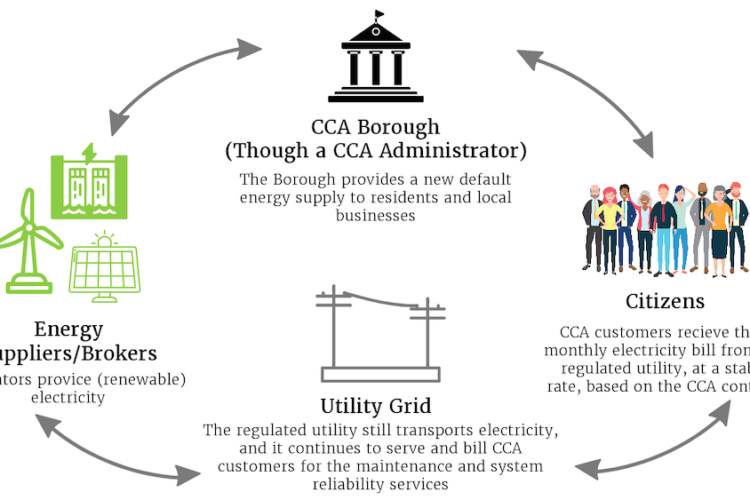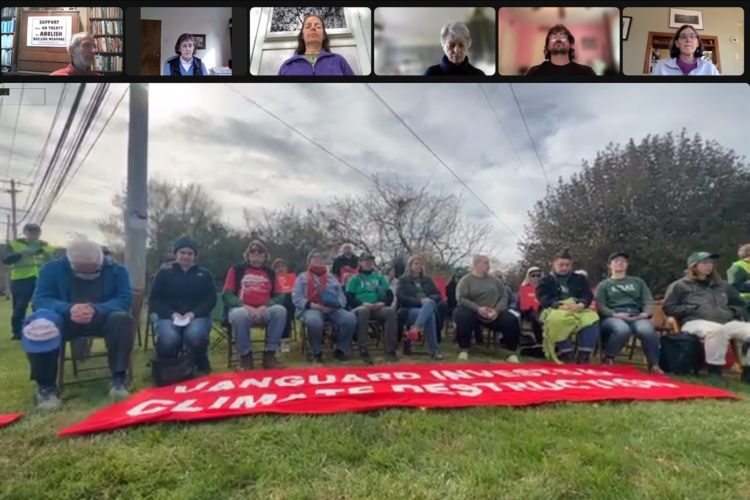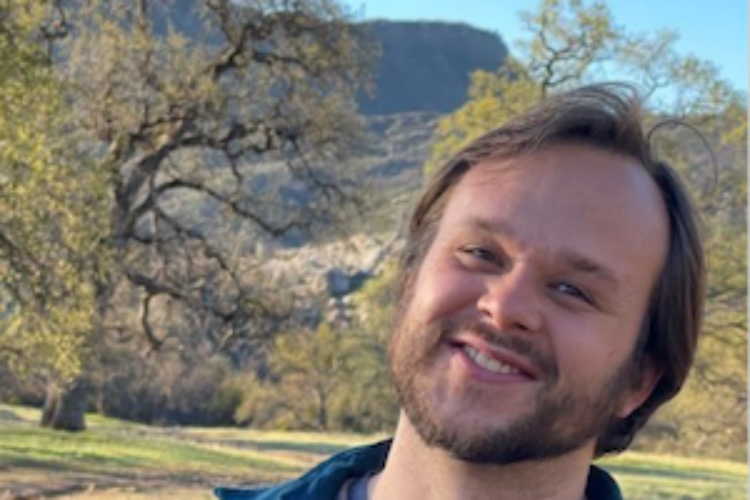Book Review: Nothing Lowly in the Universe: An Integral Approach to the Ecological Crisis by Jennie M. Ratcliffe

By Ruah Swennerfelt.
MANY, MANY YEARS ago, after having a deep-felt conversation with my father, who wanted to blindly trust his government, I gave him Cadillac Desert by Marc Reisner. I chose that book because Dad lived in Southern California, a desert turned into a false oasis of millions of homes using stolen water to survive. The book changed his view of the world and his actions. Jennie Ratcliffe’s book, Nothing Lowly in the Universe: An Integral Approach to the Ecological Crisis, could do the same thing for people who still are unaware of the emergency we face in our culture and on our planet, and for those who have not yet experienced the deep connection and interrelationship with all that is.
I’m so impressed with the breadth of this book. It’s presented in three sections, the first helping explain how we got to this crisis, the second sharing the principles needed for deep change, and the third laying out the practices necessary for action. Although many who read BeFriending Creation probably know much of what Jennie shares in the book, it’s rare to see it all so compactly expressed in about 300 pages.
Jennie helps us understand the science and history of the emerging crisis as integrated pieces. She examines the calculators, like the ecological footprint, to explain how our current cultural norms of over-consumption and our lack of connection with the natural world have degraded the very planet that gives us life. She explains the scientific worldview that, for all its benefits, has also reduced nature to a machine. She explores the understanding that violence among humans also causes violence to Earth. Jennie so clearly summarizes, ending with the important question, “…we clearly have the collective intelligence, knowledge, and technological capacity to live sustainably within the limits imposed by nature, even at or close to our current and projected population levels. The question becomes, do we have the will and the wisdom to do so? And what will guide us?” (Emphasis the author’s).
After such a clear and thorough exploration of our predicament, Jennie explores the principles which create the building blocks of how we can change the current trajectory of human-caused environmental destruction. Jennie devotes a chapter to the Quaker understanding of living in right relationship, beginning with the elements of our testimonies. Jennie so beautifully writes, “The spiritual ground of equality and community, like that of nonviolence and simplicity, is also rooted in integrity as the recognition of our fundamental interdependence and reverence for all things in the web of life.” She also includes a thorough examination of other religious responses to the ecological emergency we face.
In Jennie’s description of the principles of deep ecology, she aptly concludes that just understanding the principles is not enough. We need to experience the heart connection to Earth. And she explains that the experience does not belong just to mystics, but that this experience, “is emphatically something that can arise spontaneously in a flash of insight or after deep thought, in a laboratory or on a wild mountaintop, in a backyard or a city park, in the silence of a Quaker Meeting or a quiet walk in a forest.” Just this fall I had one of those moments when I felt our deep connection to the place where we live. One afternoon in the midst of bottling apple cider, my husband, Louis, put his completed 17 bottles of homemade black current wine on a shelf by a window. My heart and whole body felt the gratitude and love that comes from our deep relationship with the land and all of life in our little bit of paradise. I appreciate Jennie’s understanding of the spiritual nature of this relationship and how she has emphasized the need to make change from deep within us and all around us.
In the concluding chapters, Jennie focuses on the practices of deep ecology, economy, and peace. The chapter exploring deep economy begins with the question, “What might a socially and environmentally just and long-term, ecologically sustainable economy, based on the principles of nonviolence, integrity, simplicity, and equality in community, look like?” After reading about the efforts in developing countries, Jennie shares ways the global north could practice nonviolent economics, leaning on the work of E.F. Schumacher. And exploring what the practice of deep peace might look like, Jennie writes, “…we cannot build a peaceable, just and sustainable life with Earth without seeking a more just, equitable and peaceful way of living with each other, and within ourselves.”
I cannot do justice to the depth and breadth of this book in a short review. Jennie Ratcliffe’s ability to bring together an amazing amount of research and give such a comprehensive look to where we are and what we must do, is awe inspiring. I appreciate that she has obviously been a practitioner of Quaker beliefs, deep ecology, and years as a research scientist and activist.


